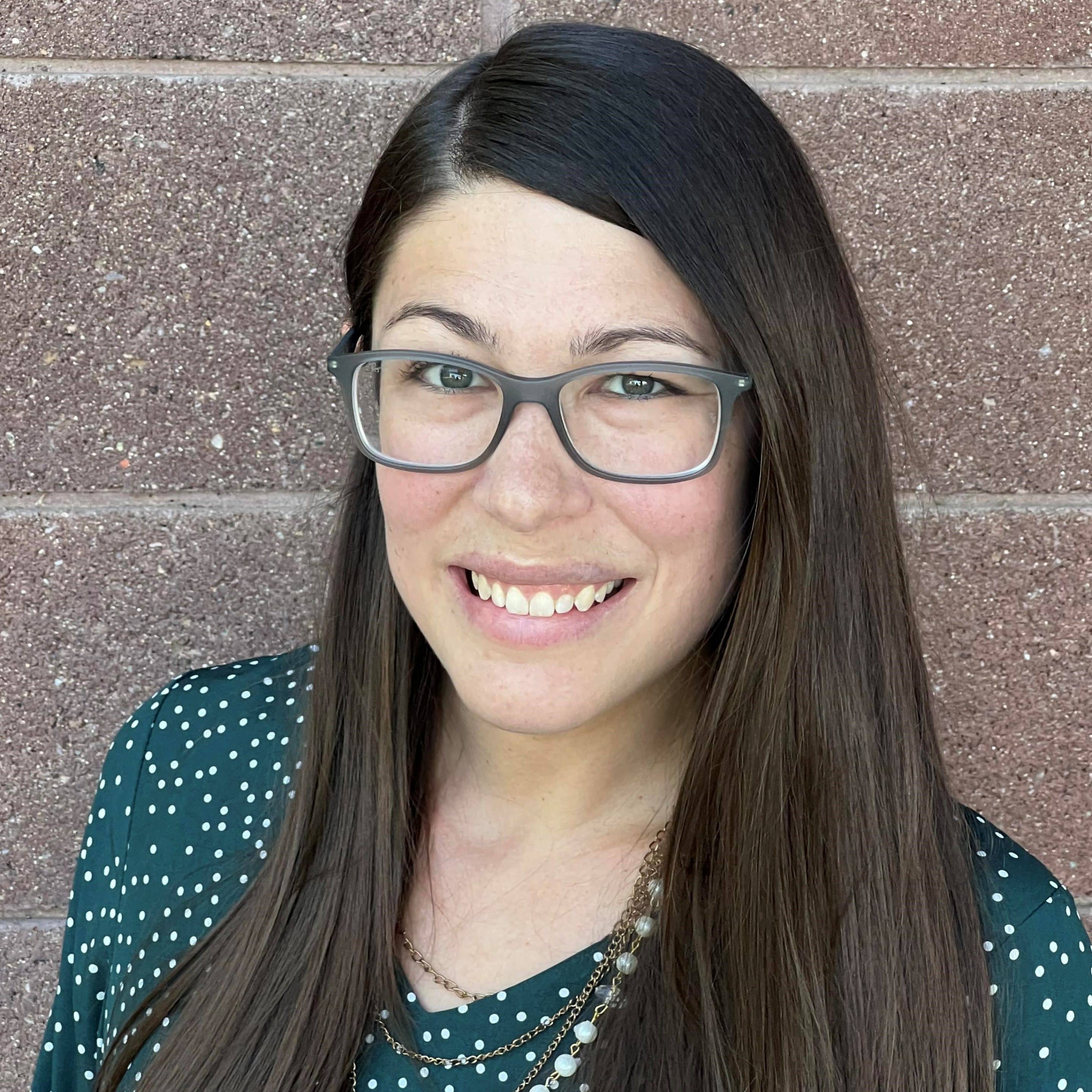Diagnosing Dyscalculia: How to Spot the Signs and Get the Help Your Child Needs
You know that feeling you get as a parent? The one that lets you know something is not right with your child. The intuitive sense that your child needs something more. Even if no one else sees or senses it -you somehow just KNOW it.
One of the most important pieces of identifying and diagnosing a child with dyscalculia is that feeling in your gut and your boldness to act on it. In this 22-minute video, Dr. Karen Wilson, a neuropsychologist and founder of ChildNexus, shares the process of diagnosing dyscalculia. She explains some of the most common signs, how to get started with the diagnostic process, and what an evaluation looks like. And you may be surprised to learn what Dr. Wilson considers to be the most important piece of a diagnosis.
Table of Contents
What role does a neuropsychologist play in diagnosing dyscalculia?
A neuropsychologist is essentially a brain behavior specialist. Dr. Karen Wilson performs assessments to identify the cause of certain struggles a child may be experiencing, such as problems with memory, reading, writing, focusing, and…math. These assessments assist in gaining a clearer picture of the way individual brains behave. If you seek an evaluation because your child is struggling in math, then a neuropsychologist will look for the specific hurdles that are impeding the math learning. It could be a specific learning disability, such as dyscalculia, or it could be an issue with memory, attention, or even something else. Once the source of the problem is identified, the data can be used to create a plan for interventions and support.
“Helping kids who think and learn differently and connecting them with those who can help them thrive.” – Dr. Karen Wilson describing her job.
If you suspect that your child has a math learning disability, like dyscalculia, you may want to schedule an exam with a neuropsychologist like Dr. Wilson. More information on that in just a bit.
What are the most common signs of dyscalculia?
Before you schedule that appointment, let’s talk about some of the signs that may indicate your child has dyscalculia.
You may notice that your child has difficulty with tasks such as counting or understanding that the symbol for a number (2) represents an amount (two objects). Students with dyscalculia often struggle to tell time on an analog clock. They may not understand computations within the context of word problems. These students often feel very anxious about math. They may say things like, “I hate math!” or “I am not good at math”.
Dr. Wilson warns that “dyscalculia can look different in different kids”. This is why it’s important to trust your parental instincts. If your child is performing significantly better in other areas of school, there is probably something to your concern about their math learning.
Where and how can I get a dyscalculia evaluation?
If you suspect that your child has dyscalculia, the first step is to talk with your child’s teacher. Depending on your teacher, school, and their familiarity with dyscalculia–they may be able to conduct screening assessments or direct you to an outside resource. If you are unable to get your child tested through the school–don’t give up! Unfortunately, there are still many schools that do not fully understand dyscalculia, what it looks like, or how to best support a child with this learning difference. Don’t worry! There are plenty of people who do get it!
ChildNEXUS provides a find-a-provider tool that can connect you to a neuropsychologist, so that you can schedule an evaluation. We hope you’ll find this resource helpful! Dr. Wilson has been working hard to gather experts from all fields so that families can access referrals for the different types of help they may need.
We also provide a list of experts who provide diagnostic services here.
What does a neuropsychological evaluation look like?
One thing parents should be aware of when they are deciding to seek out a diagnostic evaluation is that there generally is a waiting list for these assessments. You may have to schedule the evaluation several months out.
Prior to the evaluation, the evaluator will likely request feedback from the child’s parents and teachers. This may be conducted through interviews, questionnaires, or a rating form. Dr. Wilson explains that this information is essential for the overall evaluation because it provides context for when she meets with the child.
The evaluation itself will take place over the course of 2-4 days, depending on the age, attention span, and behaviors of the child. It will start with an interview during which the child will be asked about what is easy and what is difficult for them in school. Then the neuropsychological evaluator will conduct a myriad of assessments to gauge the child’s performance in all areas – reading, writing, language, attention, memory, math, and more. The evaluator will compare behaviors observed during the assessment not only to average peer performance, but also against the child’s own performance in other areas (does the child readily complete all the reading tasks, but become anxious during the math portion?).
The doctor will closely monitor the child’s progress for various assigned tasks and work to pinpoint the area where things are breaking down for the child. For instance, if a child is struggling with the math assessment, the doctor will determine if it’s an issue with counting, math fact fluency, word problems, the application of math concepts, or something else altogether. Neuropsychologists are a bit like detectives–piecing all the evidence together and finding a solution to the mystery of the child’s struggle with learning.
It is important to note that while these weaknesses are being uncovered, your child’s strengths will also be brought to light! This is more than a silver lining. Parents should celebrate this information about their child and utilize it as a tool to support whatever deficits the child may be facing. Dr. Wilson asserts that “strengths are just as important, if not more important than areas of weakness, because that’s what we can use to compensate for areas of difficulty.” For example, if a child struggles with attention, but has exceptional memory–we can utilize interventions that capitalize on this strength to combat the attention problem.

What happens after a dyscalculia evaluation is complete?
Dr. Wilson explains that it can take a bit of time to compile all the data regarding the child’s needs. On average, parents can expect that a report will be ready about a week after the appointment, provided that all the feedback forms and such have been returned. At this time, the neuropsychologist will meet with the parents to review the report and provide recommendations for intervention. They will be able to connect the family to resources and providers that may be beneficial for the child. The neuropsychologist will also provide an official diagnosis, which can be helpful for seeking support through insurance and school.
When asked about the atmosphere at these feedback sessions, Dr. Wilson says that the number one emotion she sees is relief. She enjoys providing families with answers and affirmation for their concerns. This relief is quickly followed by another emotion–hope. There are solutions to the problems your child is experiencing in their learning. There are ways they can be helped. Adrianne Meldrum, our Made for Math CEO who has participated in a feedback session as a parent, described the session as “empowering”. She says that finally, “someone could really understand my child.” The intuitive knowing that your child needed something different is validated.
Researchers believe that 5-8% of school-age children have dyscalculia. There is also overlap between dyscalculia and dyslexia, which can make it even more difficult to diagnose. About 1 out of 5 students have some form of learning disorder. If you have the feeling that your child may be wired differently–you are not alone.
This is good news! There are tons of people, including our Made for Math Specialists, who are eagerly learning about dyscalculia and working to provide these students with the instructional support they need. Let’s turn those “I’m not good at math” sayings into “I love learning math!” Reach out. We are here to help!
🎲 Is multisensory math right for your child? 🎲
There’s no need to wait for a diagnosis to receive help for dyscalculia. We have a team of experts ready to help. To assist you in making sure the multisensory approach would be helpful, take this handy quiz.
MFM Authors

Cassie Gibson
Multisensory Math Specialist
Cassie is a book-loving, knowledge-hungry, fun-seeking teacher who just wants to share the joys of learning with each and every student she has the privilege to meet! While teaching students here at MFM, she also writes great content to help parents just like you.


